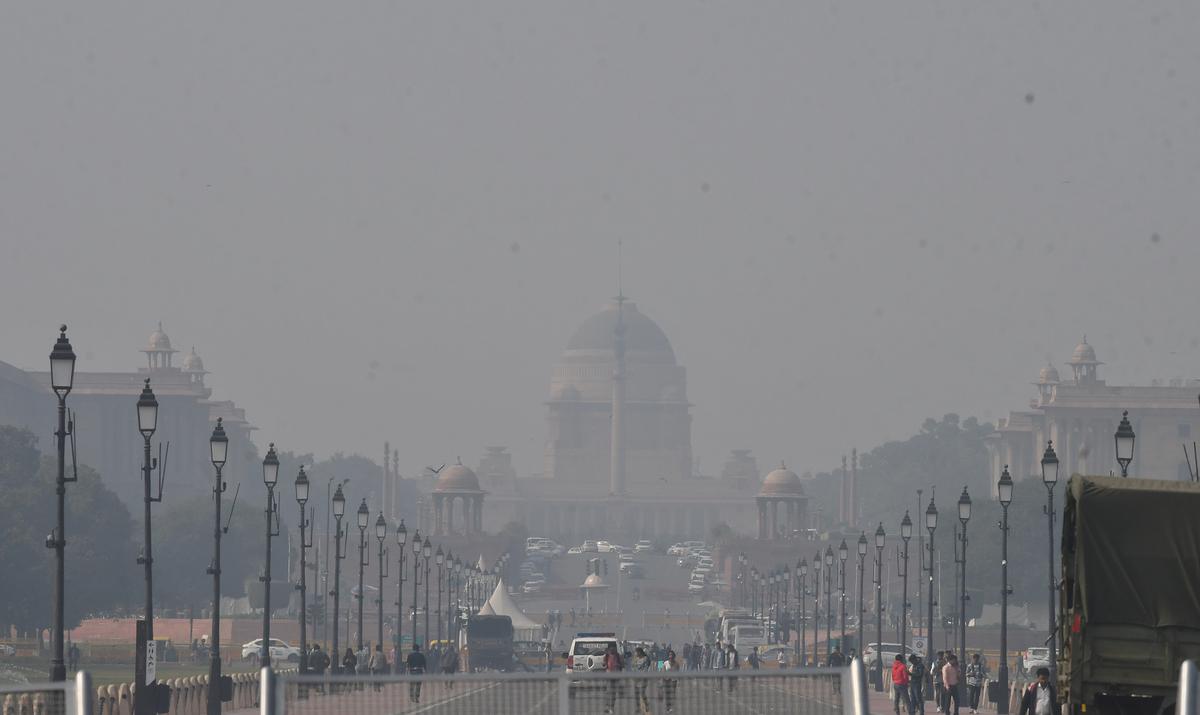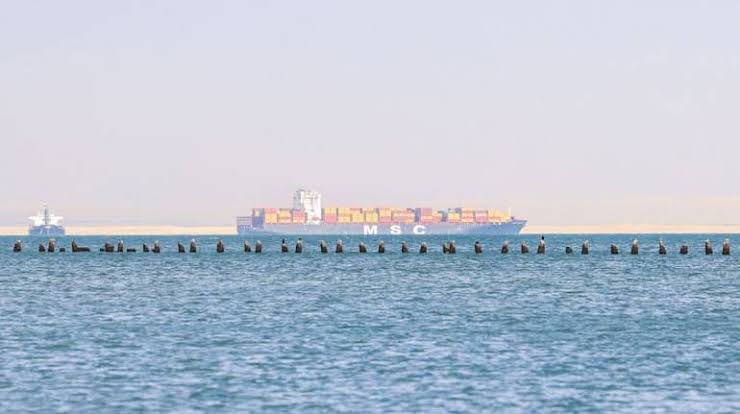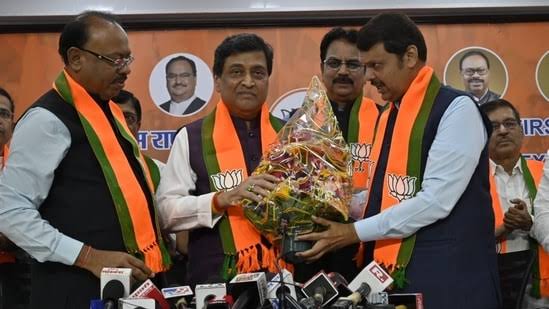Delhi-NCR Faces Air Pollution 14 Jan | Immediate Ban on Construction and Specific Vehicles Enforced!

The Central Government has ordered immediate and stringent actions to address the escalating air pollution crisis in Delhi-NCR. The Commission for Air Quality Management, a statutory body responsible for formulating and executing air pollution reduction strategies, sounded the alarm as Delhi’s Air Quality Index (AQI) surged to alarming levels of 458 and 457 at 10 a.m. and 11 a.m.
Immediate Ban on Construction and Specific Vehicles:
To prevent further deterioration and safeguard public health, the government has implemented GRAP Stage-III measures, categorizing the air quality as ‘Severe’ (AQI 401-450). Under these measures:
- Ban on Non-Essential Construction Work: A blanket ban has been imposed on non-essential construction activities in the region. However, construction related to national security, defense, healthcare, railways, metro rail, airports, and other critical sectors is exempted.
- Restrictions on Vehicles: The government has prohibited the plying of BS-III petrol and BS-IV diesel four-wheelers in Delhi-NCR. This measure aims to curb vehicular emissions contributing to the worsening air quality.

Labourers walk through fog on a cold winter morning, in New Delhi, Sunday, Jan. 14. (Photo | PTI)
Exemptions for Critical Sectors:
Recognizing the importance of certain sectors, the ban on construction excludes projects vital for national security and defense, healthcare infrastructure, transportation (railways, metro rail), airports, inter-state bus terminals, highways, roads, flyovers, overbridges, power transmission, pipelines, sanitation, and water supply.
Also Read: Big Changes Coming in Finance Minister’s Budget 2024 Plans
Urgency in Response:
The decision to implement GRAP Stage-III reflects the urgency to address the severe air quality crisis. The Commission anticipates a prolonged period of poor air quality, necessitating immediate intervention to protect public health and the environment.
Graded Response Action Plan (GRAP):
GRAP is the government’s comprehensive plan to combat air pollution during the winter season. It categorizes actions into four stages based on the Air Quality Index (AQI): Poor (201-300), Very Poor (301-400), Severe (401-450), and Severe Plus (AQI>450). The current implementation falls under the ‘Severe’ category, indicating critical pollution levels.
Also Read: Budget 2024: Government Considers Extending Fame II Scheme For EVs To FY25
As the government takes decisive steps to mitigate the air quality crisis, stay tuned for updates on this rapidly evolving situation. The health and well-being of residents in Delhi-NCR are at the forefront of this urgent and essential intervention.
#WATCH | Delhi: On rising air pollution, Delhi Environment Minister Gopal Rai says, "The pollutant particles are frozen due to the decreasing temperature. Two days ago, when there was wind and sunlight, the pollution had decreased. But yesterday the pollution seemed high, because… pic.twitter.com/8parKv0AY2
— ANI (@ANI) January 14, 2024
Frequently Asked Questions (FAQ) : Delhi-NCR’s Air Pollution
Q1: Why has the Central Government imposed restrictions on construction and specific vehicles in Delhi-NCR?
A1: The restrictions respond to a significant surge in Delhi’s Air Quality Index (AQI) to ‘severe’ levels, a result of unfavorable weather conditions and local pollution sources.
Q2: What specific measures are encompassed in GRAP Stage-III?
A2: GRAP Stage-III introduces a ban on non-essential construction activities and the operation of BS-III petrol and BS-IV diesel four-wheelers in the region, aimed at curbing further degradation of air quality.
Q3: Which activities receive exemptions from the ban?
A3: Construction work related to national security or defense, projects of national importance, healthcare, railways, metro rail, airports, inter-state bus terminals, highways, roads, flyovers, overbridges, power transmission, pipelines, sanitation, and water supply are exempted.
Q4: How does this ban align with the Graded Response Action Plan (GRAP)?
A4: This ban is a strategic component of GRAP, classifying actions into stages based on AQI to address winter air pollution effectively.
Q5: What’s the primary objective behind these measures?
A5: These measures aim to alleviate the severe air quality issues in Delhi-NCR and proactively prevent further deterioration by swiftly implementing targeted restrictions on activities contributing to pollution.



